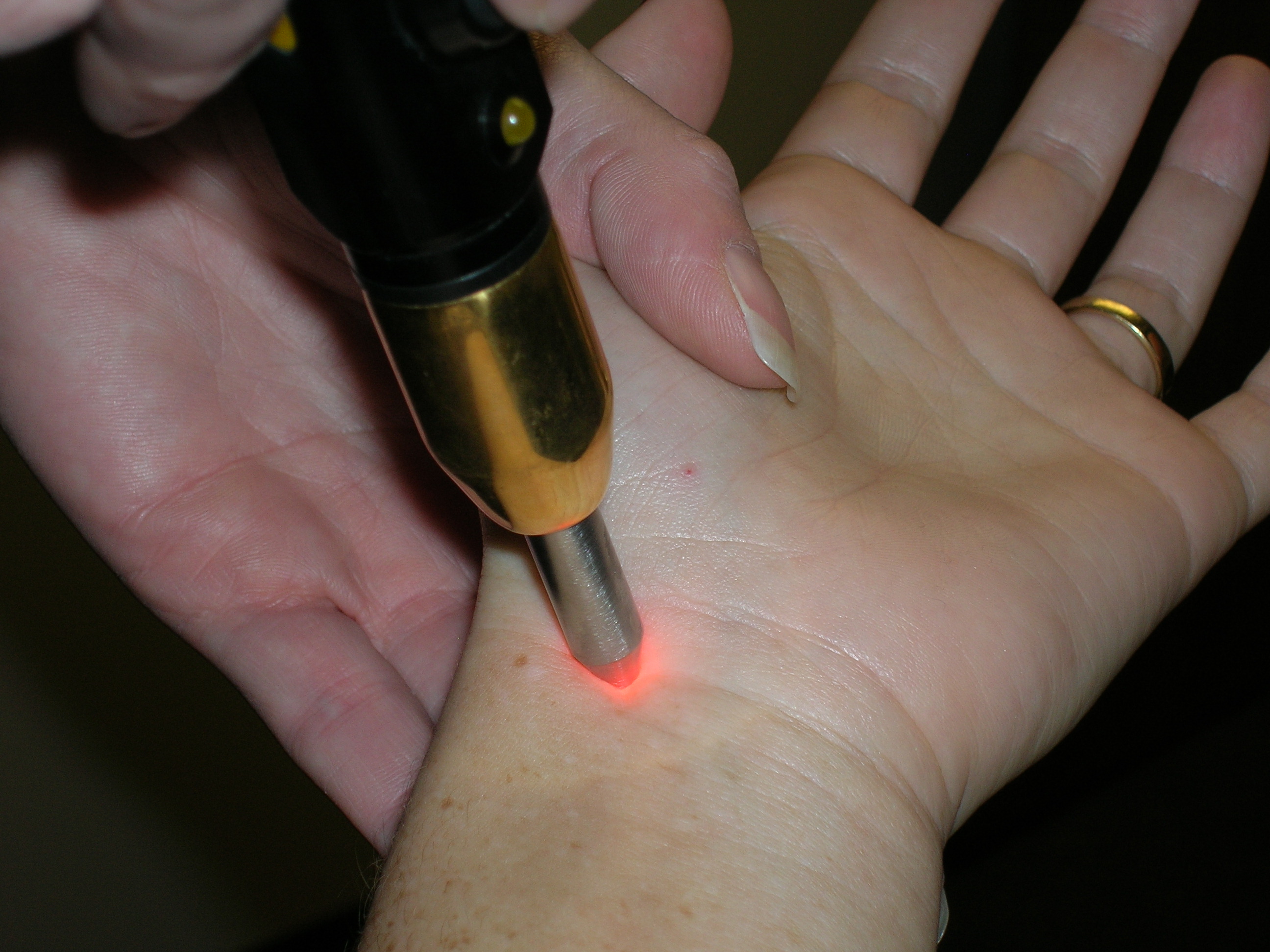Quitting Smoking-Does Lung Cancer Screening Actually Discourage It?
September 28th, 2015I just finished reading a New York Times blog titled, “Lung Screening May Not Push Smokers to Quit.” The results of a small study on the subject suggest that lung screening may actually discourage smokers from quitting. Online comments highlight the absurdity of the suggestion by the study authors to stop screening smokers for lung cancer. Dr. Harris, in this article, contents that money would be better spent on smoking cessation and prevention rather than screening.
“Although screening is considered ‘a teachable moment’ that could be used to foster smoking cessation, the new study indicated that it more often bolstered smokers’ beliefs that they had dodged a bullet and could safely continue to smoke.” The study suggests that even early evidence of cancer-related nodules did not motivate smokers to quit because of the belief that screening could catch cancer early before it would be life-threatening.
Now, I’m not surprised with the influx of negative comments following this article. It SHOULD cause uproar. Lung cancer screening saves lives! About this, there should be no question. Quitting smoking becomes a real priority, for many, after lung cancer screening.
On the other hand, I believe that the results of this study, no matter how small or flawed, are extremely meaningful. Smokers DO use a clean lung screening result to justify their continued smoking; I hear it from our laser stop smoking customers. But there also are people who quit smoking immediately after a screening reveals something threatening. So where does that leave us? What does this study mean?
I think it means that a thoughtful and aggressive strategy needs to be developed and targeted specifically to the population of smokers who receive false confidence from lung screening. I’m not sure what that strategy would look like, but I know from 10 years in the tobacco cessation business that the need for this does exist.
Unfortunately, it’s human to use a “clean” bill of health put off quitting smoking. But the reality is that nicotine is profoundly addictive. The addictiveness of nicotine is the real barrier to quitting smoking. I argue that few people really want to be smokers. It’s easier to say “I enjoy it” than to admit “I can’t quit smoking” or “I am an addict.”
So let’s keep encouraging smokers to get screened. And, let’s start thinking about how we can change the trend for “clear” results to facilitate the belief that it is safe to continue smoking.
Who has some ideas?














